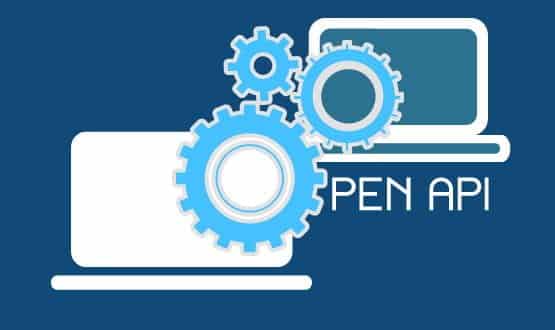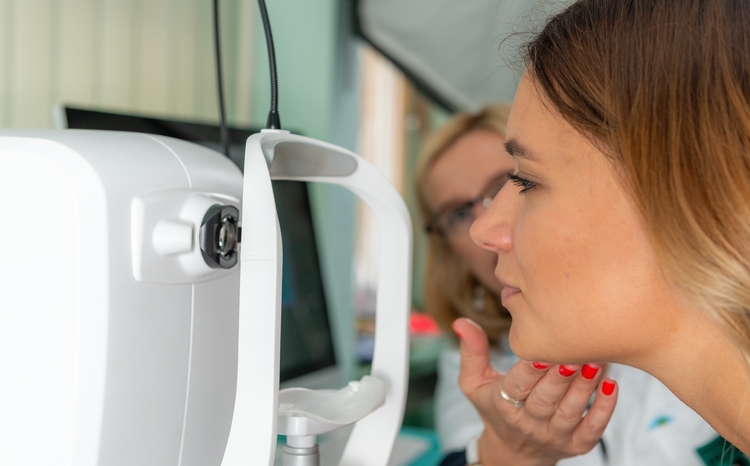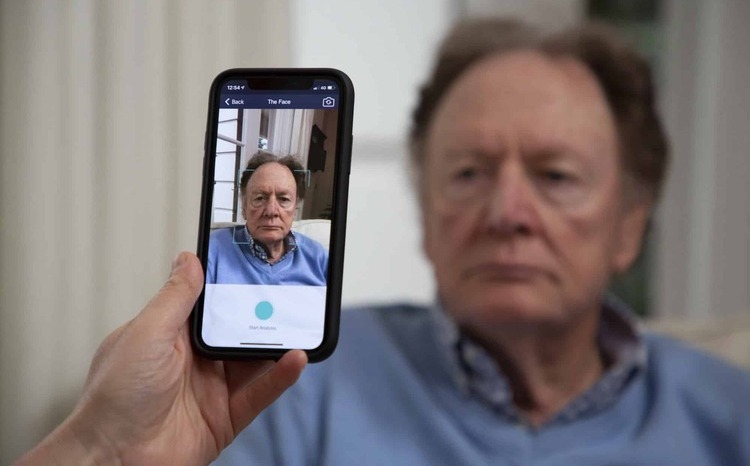Open your APIs: GPSoC’s integration project two years on
- 7 April 2016

Long talked about as an ideal, the stars now seem to have aligned for the interoperability and information agenda in NHS IT.
In 2014, NHS England’s ‘Five Year Forward View’ set out the need for better sharing of information between and within care settings as part of a wider plan to redesign the health and care system and plug a £30 billion annual funding gap by 2020-21.
The new models of care now being piloted around the country are reliant on the easier integration of various IT systems to allow patient information to flow around the health and care service.
The National Information Board’s agenda to deliver on the ‘Personalised Health and Care 2020’ IT framework that followed the Forward View also relies on the delivery of better system interoperability. It has no fewer than 25 different workstreams; and the NHS must work at pace to deliver on its targets.
NHS England’s senior responsible officer for GPSoC, Tracey Watson, saw this changing landscape and wanted to make sure that the nationally procured GP systems contract, GPSoC, remained relevant.
She argues that primary care was an obvious place to start in terms of enforcing greater systems interoperability because of this national contract and that, if successful, the GP programme could become a blueprint for encouraging better interoperability within other care settings.
“We’ve started with primary care, but our agenda is not just going to stop there, we are looking beyond at other care sectors and what we can do with vendors in that space,” she tells Digital Health News.
Making a reality of GPSoC2
When a new GPSoC contract was signed in March 2014, it specified that principal system suppliers (Emis, TPP, INPS and Microtest) must provide interface mechanisms to allow suppliers of subsidiary services to integrate with them.
The contract, which is due to be extended for another two years, first required the development of supplier-specific interface mechanisms to enable integration via a ‘pairing process’ set up by the Health and Social Care Information Centre.
Following on from this, the suppliers were required to develop standard interface mechanisms that would enable information sharing between the principal systems and any approved supplier. This second phase in the programme of work is called GP Connect.
While GPSoC2 made standard interface mechanisms a requirement, Watson acknowledges that it did not go into sufficient detail about what this actually meant.
NHS England and the HSCIC have therefore had to work with the principal suppliers to come to an agreement about the direction of travel. The updated GPSoC contract will include clarification about what they must deliver.
The initial list of APIs has been driven by the needs of clinicians, who wanted to focus on appointment booking, tasks and structured record access.
“We have done a lot of intelligent customer thinking around this in terms of understanding exactly what the ‘ask’ is and what’s required. We’re working collaboratively with the suppliers through Code4Health community to really test out timings on this,” Watson explains.
Drawing up a plan
All of the principal suppliers have now signed up to the programme and are working on a composite plan detailing when the IMs will be delivered.
“Everybody is agreed on the use cases and agreed on what APIs we are developing. Now, we are putting together these technical standards and we are going out [this] month with a roadmap or composite plan to let the NHS know exactly what API will be landed when,” says Watson.
The aim is to have the first IMs developed and either in testing or live within two years, with production on the first due to start towards the end of this year.
In addition, the HSCIC will build some central capabilities that will support the APIs and break the reliance on point-to-point sharing. These central capabilities include the need to identify; the requesting system; the patient for which information is being requested; the location of the patient record; and what data sharing the patient has agreed to.
“There are a number of constituent parts,” says Watson. “Not only do we have four principal providers and their views around API development, but central capabilities that need to be built alongside the APIs themselves.”
Principals on board
Watson says of the each principal suppliers had their own concerns and challenges that they had to work through with NHS England before agreeing to the plan. But all are now firmly committed.
Matt Murphy, managing director of Emis Health, believes that creating a set of common interfaces for GP systems will be a significant milestone for healthcare computing in the UK.
“It will make it easier for local health economies to securely share data for the benefit of patients and will open up the market to new suppliers, who will have the opportunity to interface with established systems through nationally recognised standards,” he argues.
A statement from INPS says the company is fully committed to the GP Connect programme of work, saying: “The standardisation of interfaces to clinical systems is a vital step to ensure a modern NHS can treat patients safely across multiple locations without NHS staff being forced to use a system from any one supplier.”
Microtest managing director Chris Netherton also welcomed the new programme of work. “Suppliers [are] adopting the mature approach by working together and delivering uniform technical interfaces,” he says.
“[This] will not only provide a new era of collaborative working between suppliers, but also between practices using different clinical systems; finally enabling the sharing of comprehensive patient records.”
TPP tells Digital Health that this interoperability work will make a huge difference for patients and customers by making clinical care safer and more efficient and ensuring appropriate patient information is shared at the point of care.
“What we all need to focus on now is ensuring that all suppliers, and NHS England and the HSCIC, remain ambitious in achieving nationwide interoperability quickly, across every single organisation that provides care,” a TPP statement adds.
While it has taken longer than expected to get to this point, Watson believes the commercial approach being taken will incentivise the suppliers to deliver these standard interface mechanisms early, in contrast to the supplier-specific IMs which are now more than a year late.
By breaking the need for point-to-point integrations, the process will become much easier to manage and she does not envisage the same difficulties in getting integrations live as experienced in the ‘pairing process’.
Pairing up
There are more than 50 “pairings” of principal and third party suppliers currently going through the HSCIC process, but despite starting more than 18 months ago, just two integrations have been awarded full roll-out approval.
These are Total Billing Solutions with its product Medibooks and My RightCare, which enables GPs and patients to create care plans together.
Subsidiary providers of patient facing GP services, such as PAERS, Wiggly Amps and iPlato, have found the process particularly slow and challenging, but are hopeful of the end result.
Once approved and live, they will be paid on a pay-per-click basis for every patient that chooses to use their service.
It will no longer be automatic that patients are signed up to their GP’s primary IT system provider for services such as booking an appointment or ordering a repeat prescription online. Instead, they should be directed to an NHS Choices website where they can choose between suppliers.
“It’s a market-driven thing; we have to be as attractive and easy to use as possible,” explains Brian Fisher, co-director of PAERs.
He tells Digital Health News the delays in the pairing process have mostly related to the principal suppliers not having their interface mechanisms ready in time, which has hurt small companies such as his.
While the initial group of keen patients have already signed up for online services, Fisher believes it is possible some of them will switch when they see what else is on offer. There are also millions more who are not yet using online services to play for.
He describes the near future when the standard interfaces are in place as “wonderful” and “the culmination of many years of work”.
Jon Witte of Wiggly Amps sits on the GPSoC Assurance Steering Group. He says the whole process has proved to be a lot more difficult than anyone envisaged as it has involved “recalibrating mind-sets”. “It’s always a challenge, purely because of the inertia of the old way of doing things,” he says.
Breaking the mould
The principal GP suppliers have had a monopoly on patient facing services for a long time and for some it is a lucrative service. Witte argues this makes it essential to create a level playing when the third parties enter the market and let patients and clinicians decide what service to use.
However, he sees “plenty of light at the end of the tunnel” with full roll-out approval predicted to be a matter of months away.
Tobias Alpsten, chief executive of iPlato Healthcare, says the third party suppliers are much smaller, nimbler organisations than the assurance and contracting process is designed for.
However, he loves the vision of GP Connect for patient facing services; which he believes will introduce more innovation via a bigger range of small suppliers. “This will transform health services and that’s why we are so keen to be part of it,” Alpsten says.




